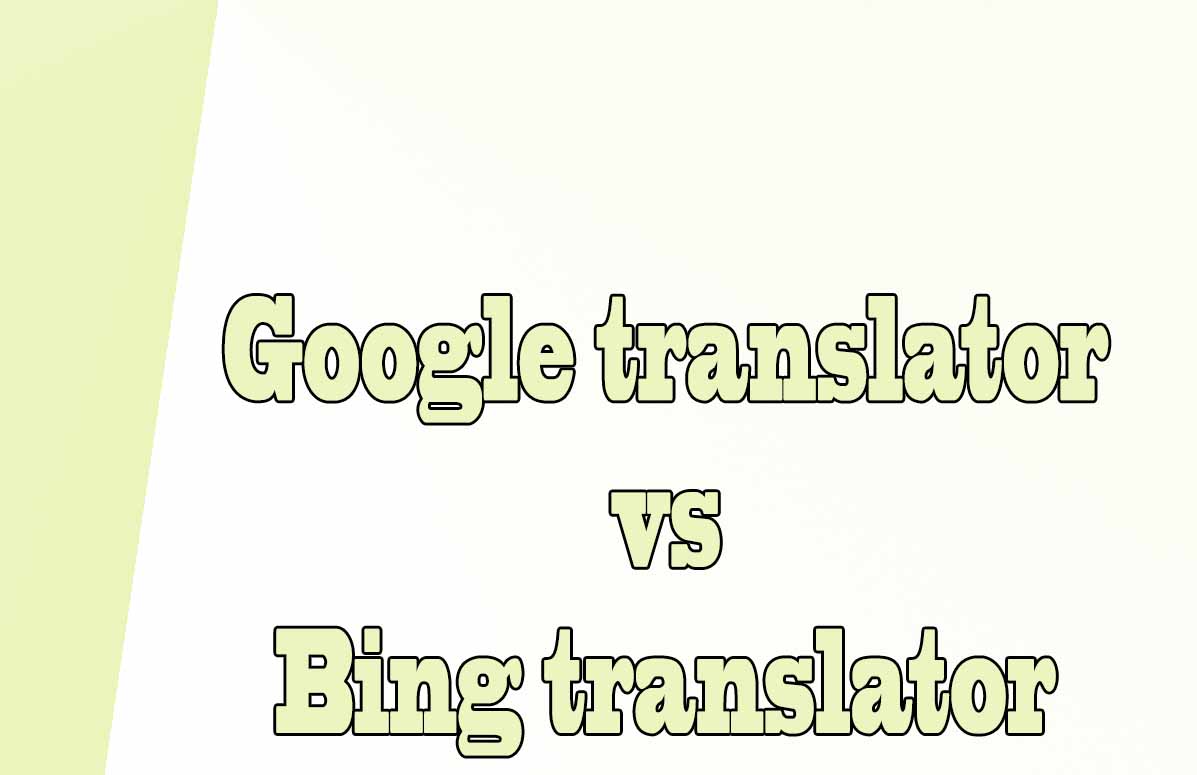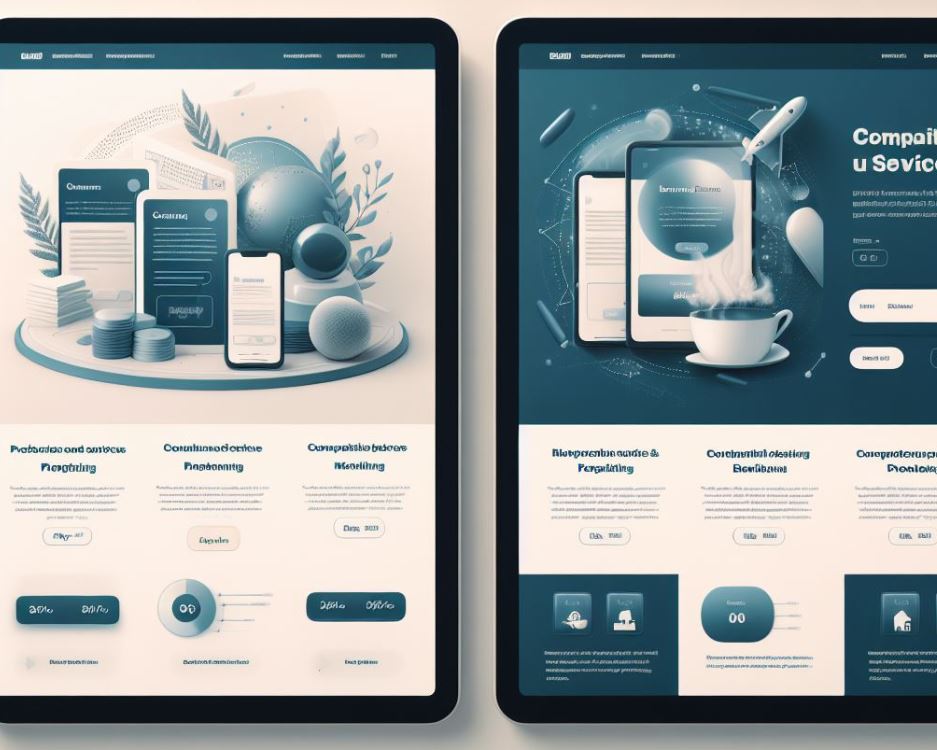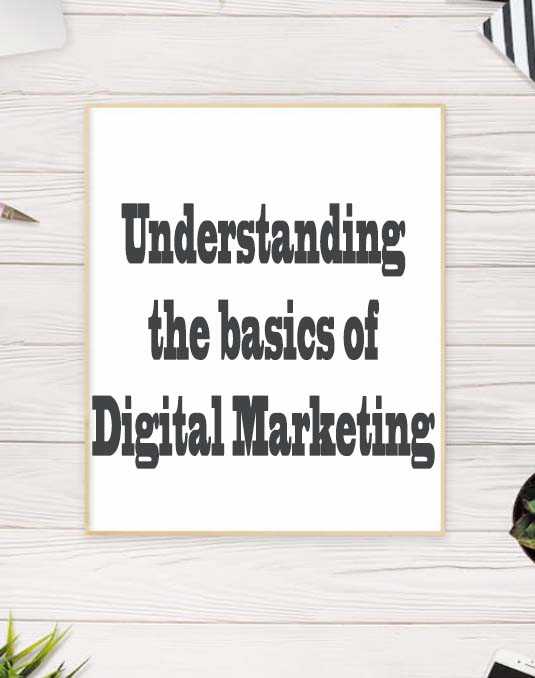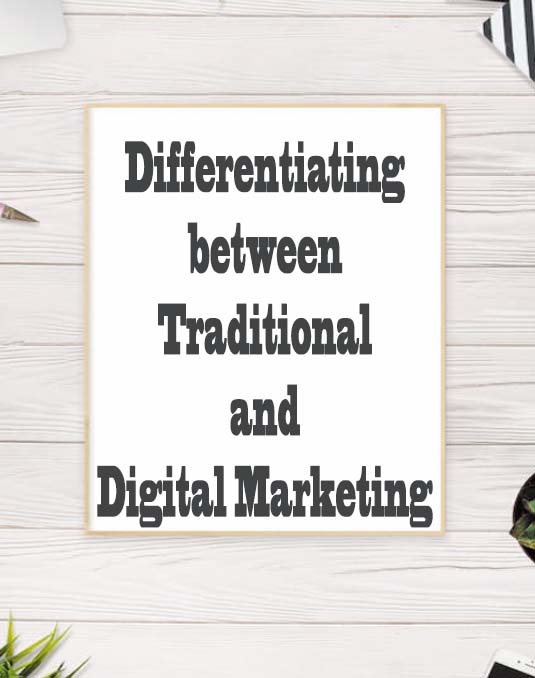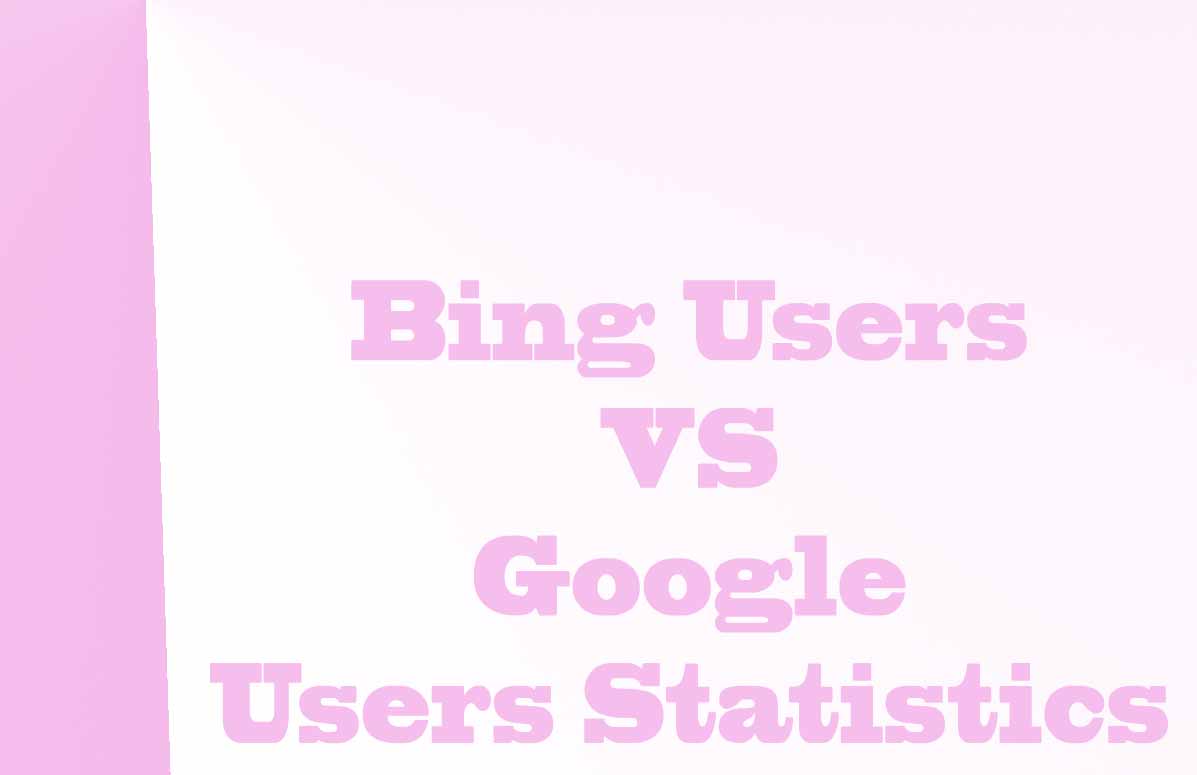
Bing Users VS Google Users Statistics: Introduction
Search engines have become an integral part of our daily lives, with Google being the most popular search engine worldwide.
However, Bing, another search engine, has been trying to catch up with Google in terms of market share and user base.
While both offer similar services, there are notable differences in their user interface, search algorithms, and brand loyalty.
Market share: Bing and Google
Bing and Google are both major players in the search engine market, but Google dominates with a market share of over 90%. Bing's market share, on the other hand, is less than 3%.
There are several factors that contribute to Bing's lower market share, including the popularity of Google's other products such as Gmail and Google Maps.
Despite its lower market share, Bing continues to compete with Google in the search engine market.
Bing has implemented several strategies to increase its market share, such as partnerships with other companies and the integration of its search results with other Microsoft products. However, it remains to be seen whether Bing will be able to significantly challenge Google's dominance in the search engine market.
Interface and experience towards Bing and Google
The user interface is a critical factor in determining user preferences and loyalty towards search engines:
- Bing's user interface is visually appealing and provides high-quality images, making it an excellent choice for users who prioritize aesthetics.
However, Bing's search results are often cluttered with ads, making it difficult to find relevant information. - Google's user interface is simple and intuitive, making it easy to navigate.
Google's search results are more streamlined, making it easier for users to find the information they need quickly.
Brand loyalty and customer satisfaction
Brand loyalty and customer satisfaction are critical factors that influence users' choice of search engine:
- Google has a strong brand identity and loyal customer base, making it the most popular search engine worldwide.
Google's customer satisfaction ratings are consistently high, indicating that users are satisfied with its services. - Bing has struggled to gain market share, and its customer satisfaction ratings are lower than Google's.
Factors such as familiarity, habit, and personal preferences influence users' choice of search engine.
Demographic differences between Bing and Google users
Demographic differences between Bing and Google users differ significantly in terms of their age distribution, gender distribution, and geographic location:
- According to a study by Statista, the majority of Bing users are between the ages of 35-54, while the majority of Google users are between the ages of 18-34.
- Bing users are more likely to be female, while Google users are more likely to be male.
- In terms of geographic location, Bing users are more likely to be from rural areas, while Google users are more likely to be from urban areas.
Differences between Bing and Google focusing on their search algorithms
Bing and Google use complex algorithms to determine the order in which search results are displayed.
While both search engines take into account factors such as relevance and authority, they differ in how they prioritize search results:
- Google places a higher emphasis on backlinks and the authority of the website, while Bing prioritizes social signals and user engagement.
This difference in emphasis can impact the effectiveness of SEO strategies, as different techniques may be required to rank highly on each search engine.
For example, a website with a high number of backlinks may rank highly on Google, but may not rank as highly on Bing if it lacks social signals such as likes and shares. - A website with high social engagement may rank highly on Bing, but may not rank as highly on Google if it lacks backlinks.
SEO strategies must take into account these differences in order to be effective on both search engines.
User experience and features of a search engine
The user experience and features of a search engine can also impact its popularity and success:
- Bing and Google have different user interfaces and search features, which can impact user preference and loyalty.
For example, Bing's image search feature is often praised for its superior layout and functionality, while Google's autocomplete feature is popular for its convenience and speed. - When it comes to search results pages, Bing and Google also differ in their layout and organization.
- Google's search results page tends to be more cluttered, with ads and featured snippets taking up significant space.
- Bing's search results page, on the other hand, is often praised for its cleaner layout and more visually appealing design.
- The user experience and features of a search engine can impact user preference and loyalty, which in turn can impact market share.
Behavior and preferences between Bing and Google users
Bing and Google users also differ in their search behavior and preferences:
- Bing users tend to use longer search queries and more specific keywords, while Google users tend to use shorter search queries and more general keywords.
- Bing users are more likely to click on ads and have a higher click-through rate, while Google users are more likely to bounce from the search results page.
- Bing users tend to favor search results with more visuals, while Google users prefer results with more text.
Implications of Bing vs. Google usage for businesses and marketers
The differences between Bing and Google usage have significant implications for businesses and marketers:
- Advertising effectiveness on Bing and Google platforms vary significantly due to the differences in user behavior and preferences.
For example, businesses targeting older audiences may benefit more from advertising on Bing, while businesses targeting younger audiences may benefit more from advertising on Google. - Similarly, SEO strategies for optimizing Bing and Google search rankings also differ, with Bing favoring more specific and longer-tail keywords.
- The market share and competition between Bing and Google in the search engine industry is an important consideration for businesses and marketers looking to allocate resources and budget for search engine marketing.
Conclusion
Bing and Google users differ significantly in their demographic characteristics, search behavior and preferences, and the implications of Bing vs. Google usage for businesses and marketers.
Understanding these differences is crucial for businesses and marketers looking to optimize their search engine marketing strategies and allocate resources effectively.
Bing and Google have different search algorithms, user experiences, and market shares. These differences can impact the effectiveness of SEO strategies and user preference and loyalty. While Bing continues to compete with Google in the search engine market, Google's dominance is unlikely to be challenged in the near future.
The preferences and loyalty of users towards Bing and Google are influenced by various factors, including user interface and experience, search algorithms and accuracy, and brand loyalty and customer satisfaction. While Bing offers a visually appealing user interface and prioritizes social media and multimedia content, Google's simple and intuitive user interface, advanced search algorithms, and strong brand identity make it the preferred choice for most users. Ultimately, personal preferences, familiarity, and habit play a significant role in determining users' choice of search engine.
Tips on SEO and Online Business
Next Articles
Previous Articles
